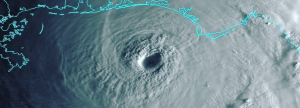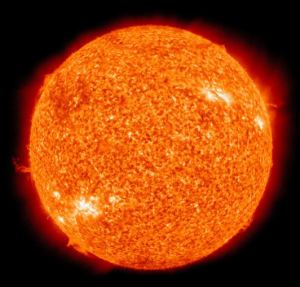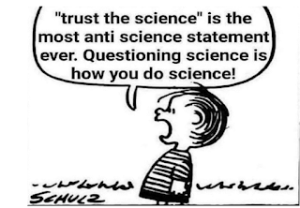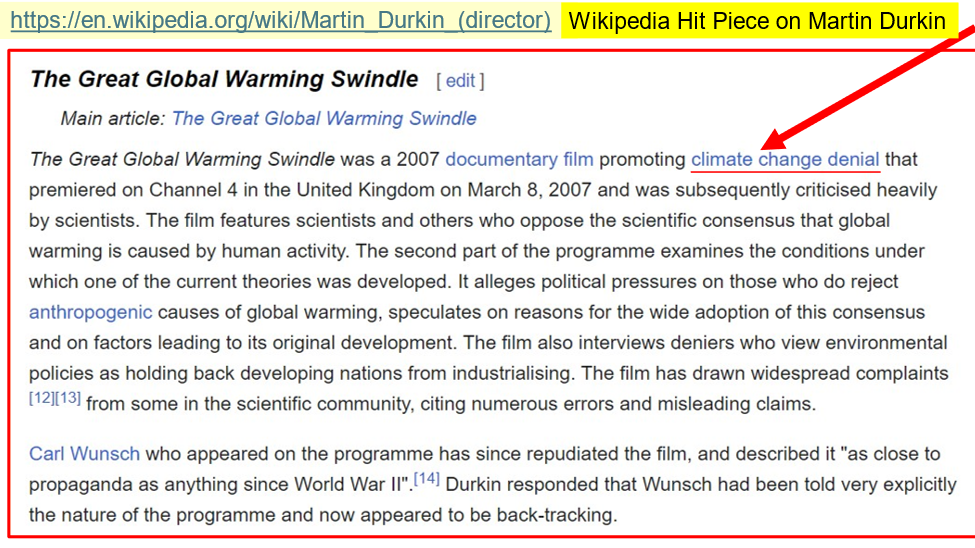Robert W. Endlich
Author’s Note: This is Part ONE of a multi-part post.
INTRODUCTION

James Delingpole is an English writer who has written extensively about the allegedly human-caused, CO2-fueled global warming alarm. Wikipedia calls his writing “climate change denial.” But, Delingpole’s recent Substack post, “Valencia: Man Made Climate Change is REAL Or: Why I No Longer Talk to Climate Sceptics” seems to me, at least, enough of a change in Delingpole’s thought and writing process that I call it his “flawed conversion.”
One of Delingpole’s books is ”Watermelons, The Green Movement’s True Colors,” in which he correctly characterizes the Global Warming Alarmist movement as allegedly Green (conservation-aligned) on the outside, but (Communist) Red on the inside.
So Delingpole’s 5 November 2024 Substack post changes that. James now says that aircraft-generated contrails, which he (and other ignorant and/or deluded individuals) now calls Continue reading “The Flawed Conversion of James Delingpole from Climate Skeptic to now Alarmist? PART ONE”





